Skincare trends are constantly evolving. From people who swear by the Korean 10-step skincare regimen to minimalists who prefer a water rinse, it’s hard to keep up with what you should be doing skin-wise. The beauty industry jumps on a new skin essential every day. But which ones are really necessary?
Here are 9 true essentials your skin needs to glow.
Contents
1. Moisturiser
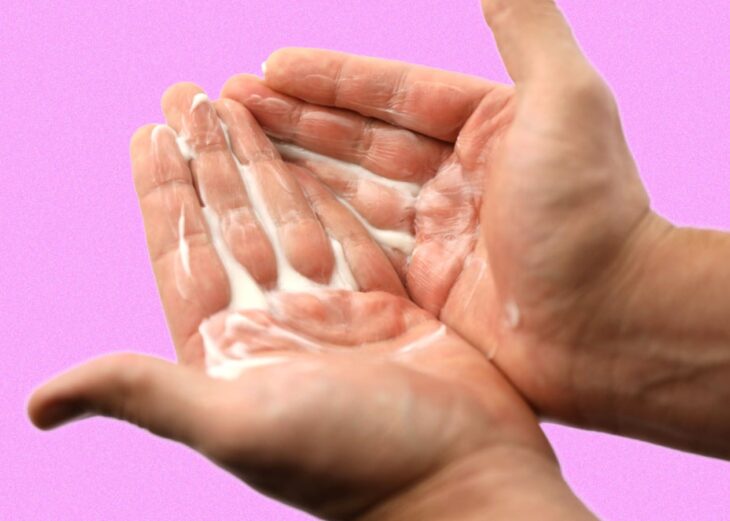
Source: Dollar Shave Club
Moisturisers are cosmetic formulations used for the purpose of protecting and hydrating the skin. Moisturisers prevent the development of fine lines and wrinkles on the skin. They help the skin draw in and lock in moisture promoting a plump, nourished look. People with oily skin often feel moisturiser is unnecessary or think it will make their skin more oily. The truth is there is a moisturiser for everybody, whether your skin is dry or oily.
If you have oily skin, opt for gel and water-based moisturisers that add moisture without oils. If your skin is normal, go for light cream or lotion moisturisers. For dry to extremely dry skin, a heavy cream formulation is best. Moisturisers should be applied twice a day. People with sensitive skin can use moisturising balms instead. Make sure to use a different moisturiser for your face and body as they have different requirements.
Areas like the under-eye zone and neck must also be moisturised because they have few oil glands. If your T-zone area is oily, moisturise only your neck, cheeks, and eye area.
2. Cleanser
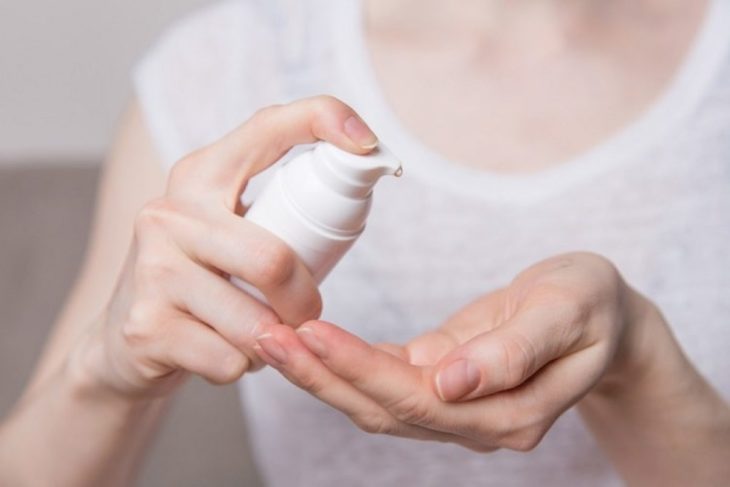
Source: Healthunbox
Washing your face should be an essential step in your beauty routine. Cleansers help remove dirt, excessive sebum, and other pollutants that may have settled on the skin. Choosing the right cleanser for your skin is crucial. Many cleansers are harsh and strip the skin of both dirt and a natural oil layer.
Choose a cleanser that gently cleans your skin and unclogs your pores without removing natural oils from the skin. Oil cleansers are good for sensitive skin, while people with dry or eczema-prone skin should use creamy cleansers. If you have oily skin, opt for a gentle, foaming cleanser from okana.co.nz Cleansers with micellar water are good for any skin type, and older individuals can opt for a melting balm. Washing your face morning and night is the best practice for healthy skin.
3. Exfoliator
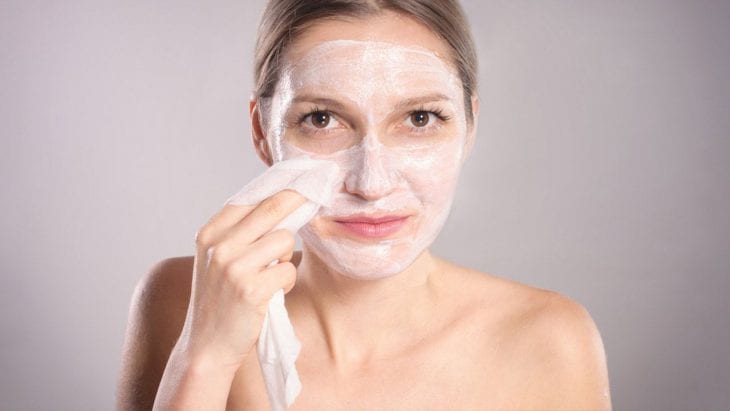
Source: lorealparisusa
An exfoliator is a product or instrument used to slough off dead skin cells from the surface of the skin. Exfoliators can be chemical or physical. Chemical exfoliators are substances that dissolve the bonds between dead skin cells and remove them. Examples include glycolic acid and salicylic acid. Most chemical exfoliators are mildly acidic, and they help lower the skin pH while eliminating bacteria.
Physical exfoliators are instruments used to manually slough away dead skin cells on the skin’s surface. Examples include scrubs and sponges. If your skin is dry or sensitive, you can skip exfoliation. If you have acne-prone or oily skin, use a chemical exfoliator and apply it using cotton pads.
4. Toner
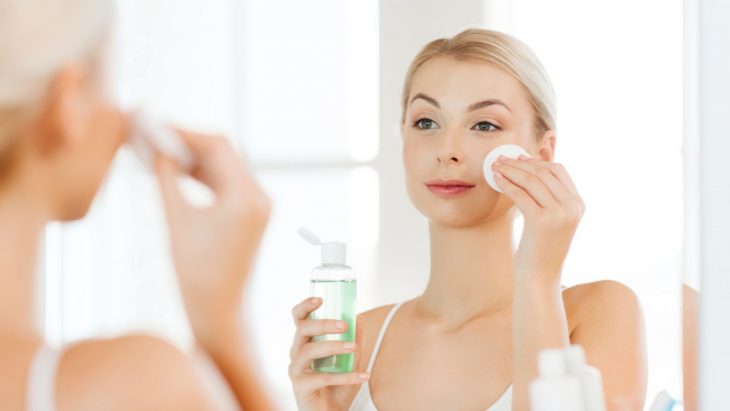
Source: glowinmist
Toners act like supplements for the skin. Toners pack in essential skin nutrients in a thin, lightweight fluid. They restore your skin pH, enhance the absorption of other products and smooth out your complexion.
Toners provide a way to add the extra nourishment your skin needs that other products do not contain. Key ingredients to watch out for include green tea, rose water, hyaluronic acid, as well as alpha and beta hydroxy acids.
If you have sensitive skin, use an alcohol-free toner. Toners should be applied after cleansing and before other products. You can use your hands or a cotton pad to apply. However, experts say using your hands is more efficient.
5. Eye Cream
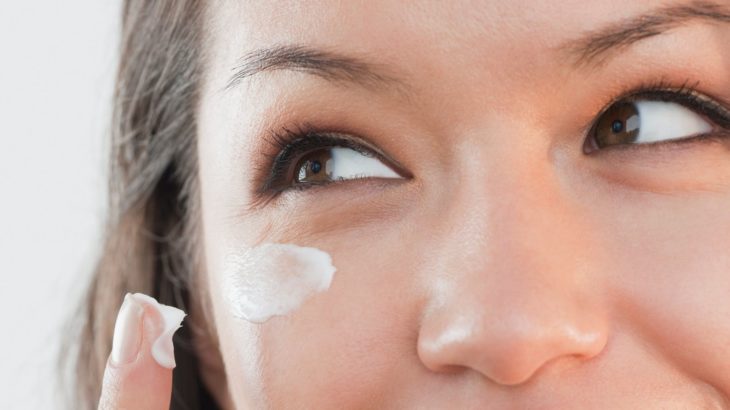
Source: huffpost
Eye creams are useful for tackling specific issues, such as dark circles, wrinkles and fine lines, and eye bags. They are formulated to hydrate the fine skin around the eyes and enhance collagen production in that area.
Good ingredients to look out for include antioxidants like vitamin C, hyaluronic acid, glycerine, peptides, and chamomile. Use your eye cream at night to enhance its effect.
6. Serums
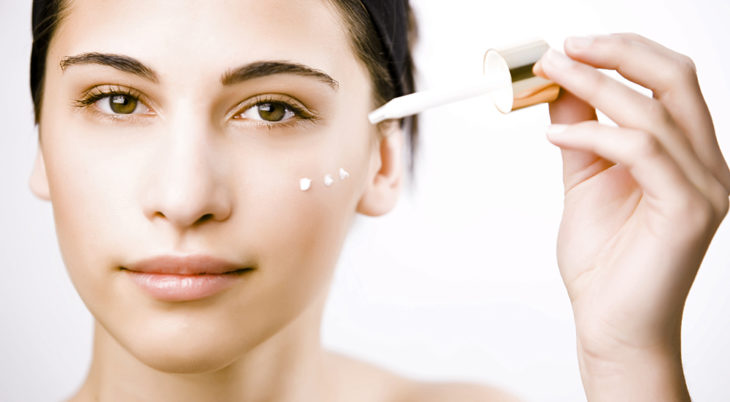
Source: avoskinbeauty
Serums are filled with essential active ingredients in concentrated doses. Serums protect your skin from daily skin aggressors and also target specific skin issues such as wrinkles, hyperpigmentation, and dark spots.
Serums are filled with antioxidants that help combat damage caused by free radicals. In addition, they contain anti-aging ingredients such as retinol and peptides, which stimulate collagen production.
Serums have a deep penetrating effect and work best when used after your toner but before moisturiser.
Serums can be hydrating, anti-ageing, or brightening, depending on the ingredients they contain. Choose a day serum that contains antioxidants and sunscreen and a night serum that repairs and stimulates collagen production.
7. Sunscreen
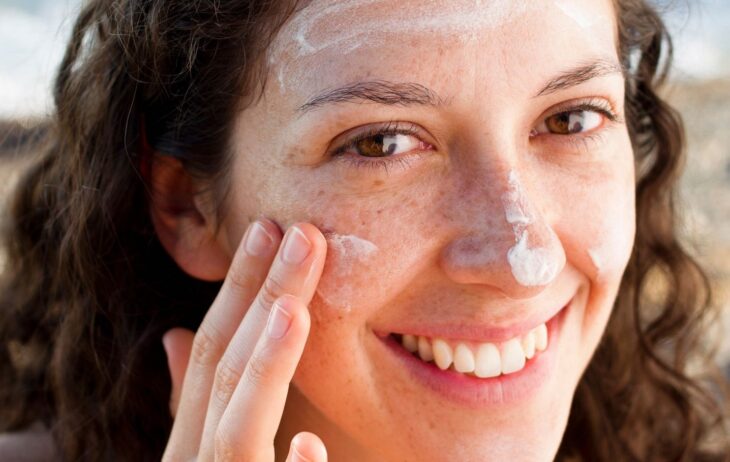
Source: HuffPost
Extensive exposure to sunlight can damage your skin and cause major health problems, including cancer. Sunscreens protect your skin from harmful ultraviolet rays.
It is recommended that you use sunscreen during all seasons and even on cloudy days. Sunscreen should be applied to exposed body parts like the face, neck, arms, hands, and legs.
Sunscreen comes in different formulations such as creams, powders, and sprays. Many products, like foundation, body and face moisturisers, and powders, are formulated with sunscreen. This makes it easy for you to add sunscreen to your skincare routine. As with any other product, ensure that your sunscreen matches your skin type.
8. Antioxidants
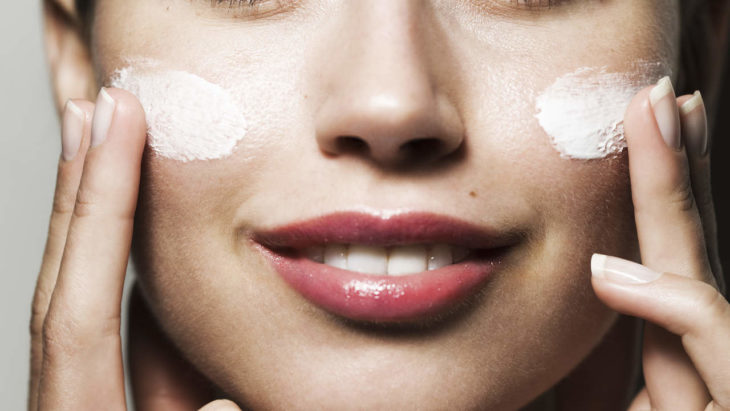
Source: health
Antioxidants have a stellar reputation in skincare due to their free-radical fighting abilities. Antioxidants counteract the cell-damaging actions of free radicals while protecting the skin cells.
Antioxidants are included in different cosmetic formulations such as serums, night creams, and toners. Popular among the antioxidants are:
Vitamin E. It enhances the production of skin components that help prevent UV damage. It also protects the skin’s lipid barrier. If you have acne-prone skin, vitamin E might not be the best option for you.
Vitamin C. It enhances the production of collagen, which promotes firm, plump skin. Vitamin C also brightens dull skin and reduces dark spots on the skin.
Vitamin A. Is also known as retinoids. Vitamin A fastens cell turnover and stimulates collagen production. It also helps reduce visible signs of ageing.
Green tea. It helps the skin fight inflammation and enhances its immune function.
Other great antioxidants include zinc and beta-carotene.
9. Water

Source: cnn
At least 60% of our body is made up of water. Water keeps us hydrated and fresh, removes toxins from the body, and enables all systems to run smoothly.
Our skin requires adequate hydration like every other body part. Well-hydrated skin looks smooth, plump, and firm. It is recommended that you drink at least 2 litres of water every day.
The perk: this is one skincare essential you don’t have to spend huge sums on or worry about getting.
Conclusion
Achieving great skin is not just about great genes; how you take care of your skin plays a big role. The first step is to learn your skin type and what kind of products work best with it. Your skincare needs are specific to you, so don’t follow what others are doing.
